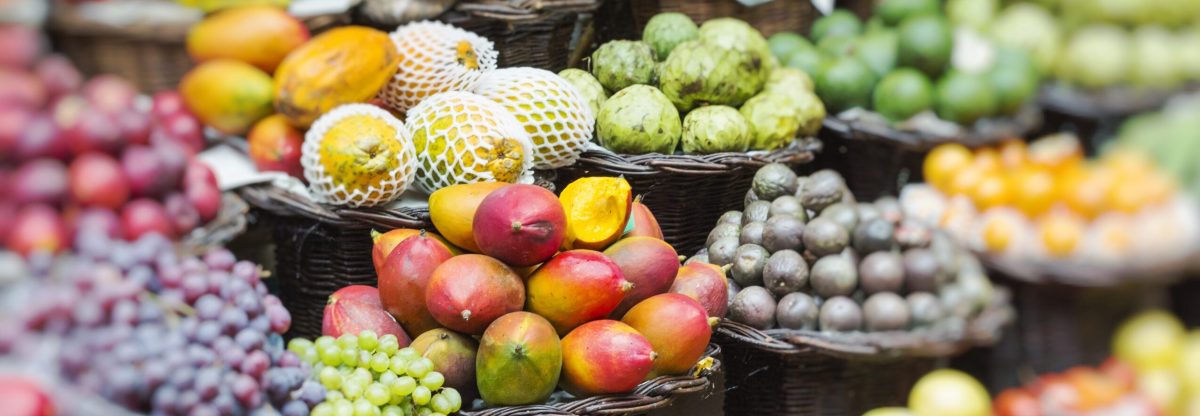Replacing animal-source foods (ASFs) in European diets with novel or future foods (NFFs) — such as cultured milk, insect meal or mycoprotein — could reduce global warming potential, water use and land use each by over 80%, according to the findings of a modelling study published in Nature Food.
Existing literature on alternative diets, such as vegetarian, vegan or flexitarian, has demonstrated the health and environmental benefits of shifting towards lower meat consumption.
But compared with currently available plant-based protein-rich (PBPR) options, such as legumes, pulses and grains, NFFs — produced through new technologies, such as cell-culturing technologies, or under novel regulatory frameworks — can contain a more complete array of essential nutrients. NFFs also tend to be more land- and water-efficient than existing ASFs.
Rachel Mazac and colleagues applied a linear programming model to identify optimal combinations of ASFs, PBPR options and NFFs with the goal of meeting nutritional adequacy, while minimising global warming potential, as well as water use and land use.
Feasible consumption constraints related to cultural acceptability were also considered, as well as scalability potential.
Overall, the authors found that substituting ASFs in European diets with NFFs (namely insect meal, cultured milk and microbial protein) could reduce all environmental impacts (global warming potential, water use and land use) by more than 80%, while being nutritionally adequate and meeting the constraints for what can be feasibly consumed.
The authors conclude that, besides showing the potential contribution of novel foods towards a more sustainable food system, these findings reveal synergies and trade-offs related to each dietary option within the European context.
- Link to research (DOI):1038/s43016-022-00489-9
Source: Scimex












